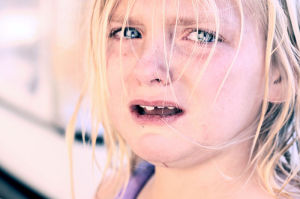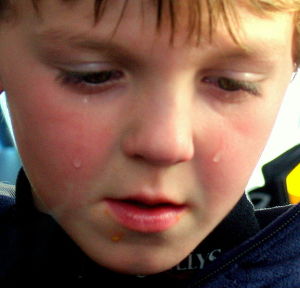Matthew R. Arnold of Arnold & Smith, PLLC answers the question “What can I do to gain custody of my child in North Carolina?”
Holidays are all about tradition, and as Heather Gray writes for Yahoo Parenting, divorced dads can get the feeling over the holidays that “traditions don’t really exist” for them anymore.
 If what a divorced dad has in mind for a happy, fulfilling holiday doesn’t square up with reality, the first step towards making a happy holiday a reality is becoming clear about exactly what a divorced dad wants. One may not—due to opposition from an ex-wife, due to legal agreements or other circumstances—be able to get everything one wants, but it is important to begin with a clear picture of what one believes happiness must include.
If what a divorced dad has in mind for a happy, fulfilling holiday doesn’t square up with reality, the first step towards making a happy holiday a reality is becoming clear about exactly what a divorced dad wants. One may not—due to opposition from an ex-wife, due to legal agreements or other circumstances—be able to get everything one wants, but it is important to begin with a clear picture of what one believes happiness must include.
The worst that can happen is an ex will say no. The ex has Christmas with the kids. It’s in the custody order, that’s it.
But that’s not it, and if relations are generally amicable between a divorced dad and his ex, perhaps there is room for compromise. Maybe there is something a divorced dad can offer in return for holiday time with children. Perhaps on an upcoming weekend the children can remain with their mother instead of spending the weekend with their father, as is their custom.
 Charlotte Divorce Lawyer Blog
Charlotte Divorce Lawyer Blog



